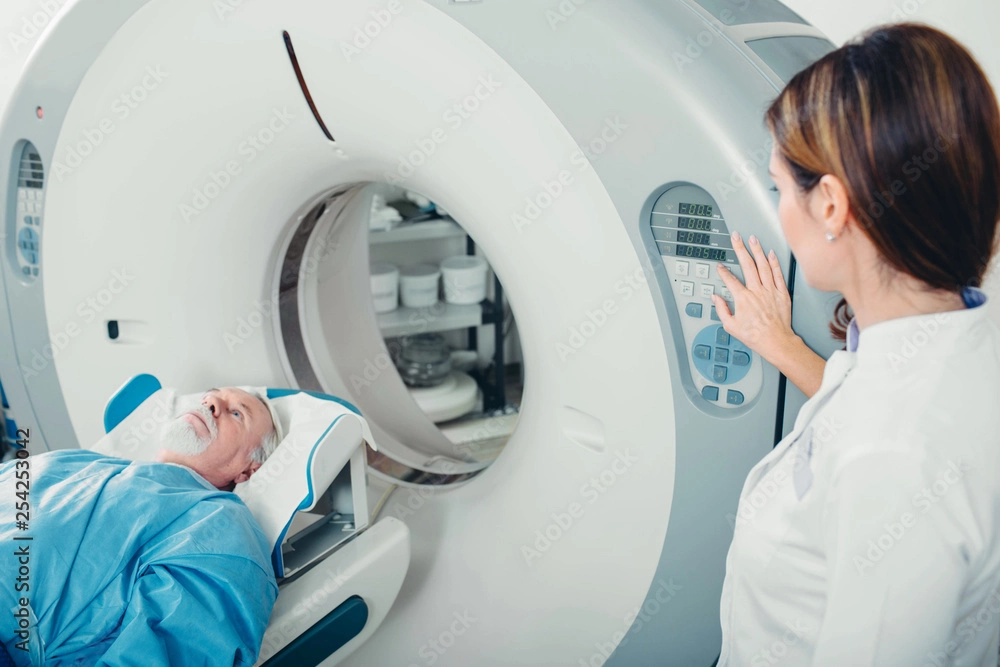Service Overview:
A calcium scoring test is a specialised CT scan that measures the amount of calcified plaque in the coronary arteries. This test helps assess the risk of heart disease and provides valuable information for preventative care. By detecting calcium deposits early, doctors can evaluate the likelihood of future heart-related complications and recommend lifestyle changes or treatments to reduce the risk.
Victorian Imaging Specialists uses low-dose CT technology to provide accurate calcium scores, helping patients and their doctors make informed decisions about heart health. This test is particularly beneficial for individuals with risk factors such as high cholesterol, high blood pressure, smoking history, diabetes, or a family history of heart disease.
Common Uses of Calcium Scoring Tests:
- Detecting early signs of coronary artery disease
- Assessing heart disease risk in individuals with no symptoms
- Guiding preventative care and lifestyle changes
- Helping doctors determine the need for medication or further testing
What to Expect During the Procedure:
The calcium scoring test is a quick and painless scan that takes around 10 to 15 minutes. Patients lie on a scanning table while a CT scanner captures detailed images of the coronary arteries. No injections or contrast dye are required, and the scan involves minimal radiation exposure. Patients may be asked to hold their breath briefly during imaging to improve scan clarity.
Preparation Guidelines:
- Avoid caffeine and smoking for at least four hours before the test, as they can affect heart rate
- Wear comfortable, loose-fitting clothing and remove any jewellery or metal objects
- No fasting or medication adjustments are usually required, but patients should follow any specific instructions provided by their doctor
Safety Information:
A calcium scoring test is a non-invasive and low-risk procedure. The level of radiation exposure is minimal, and the benefits of early detection far outweigh any potential risks.
Results and Next Steps:
A specialist radiologist will analyse the scan and provide a calcium score report to the referring doctor. A higher calcium score may indicate an increased risk of heart disease, prompting further evaluation or lifestyle adjustments. Patients should discuss the results with their doctor to determine the best course of action.
For more information or to book a calcium scoring test, please contact your nearest VIS clinic.
